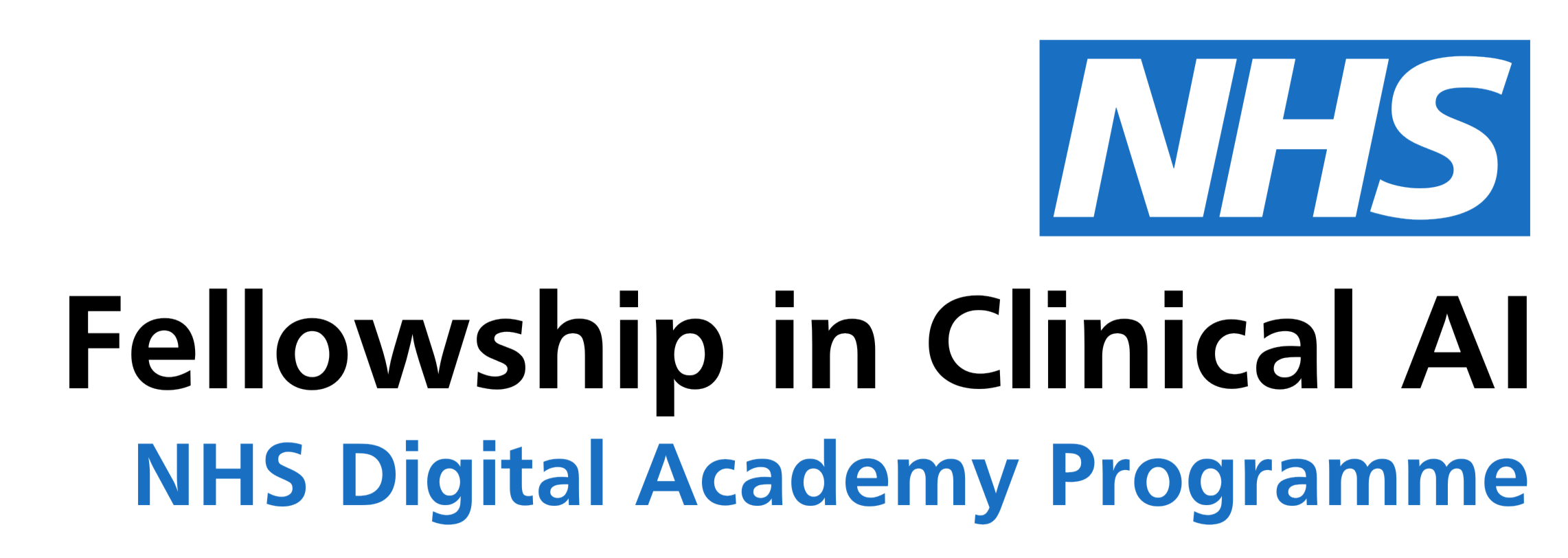
Conn McGrath
Fellow in Clinical AI, Cohort 3
Fellowship Bio
Dermatology registrar with an interest in clinical AI, digital pathology, and improving patient care through innovation
Fellowship Project
AI-based software evaluation in digital pathology diagnostics
Guy’s and St Thomas’ NHS Foundation Trust
This project explored how artificial intelligence (AI) can support cancer diagnosis in pathology. My work focused on using AI to assess digitised biopsy whole slide images (WSI) from patients with oral squamous cell cancers (OSCC). We aimed to create a pipeline that predicts the likelihood of cancer recurrence based on image analysis of tumour tissue. The work was a collaborative piece between the bioinformatics research unit at KCL and the oncology teams at GSTT. I became proficient in QuPath, a specialist platform for reviewing digital slides, and worked closely with expert pathologists to annotate tumour features—key groundwork for training and validating AI models. Alongside this, I tested another AI pipeline (developed by Jonas et al. and obtained via GitHub), which uses explainable AI to highlight the most informative areas of tissue for diagnosis. These tools, if successfully deployed, could speed up reporting, improve accuracy, and allow scarce pathology time to be focused where it matters most. To complement this lab-based work, I joined the Clinical Scientific Computing (CSC) team at GSTT, where I helped deploy a separate live AI model to detect pulmonary embolisms on CT scans. This experience gave me practical insight into integrating AI tools into real-world NHS systems, including writing evaluation protocols, designing workflows, and anticipating human–AI interaction pitfalls like automation bias. We are now preparing a publication summarising the results of our pipeline, and I am co-authoring a piece on the ethical challenges of AI in dermatology.
Fellowship Testimonial
This fellowship has been a wonderfully educational experience. I’ve gained a foundational understanding of AI development and deployment—from writing Python scripts and using the terminal, to working with digital pathology tools and interpreting statistical outputs from machine learning models. More importantly, I’ve learned how to critically appraise AI systems—not just their technical performance, but their clinical safety, bias, and real-world feasibility. One of the highlights was collaborating with a diverse range of people beyond traditional clinical medicine: researchers, computer scientists, bioinformaticians, IT specialists, and industry partners. These multidisciplinary conversations taught me how to “translate” between clinical and technical teams—an increasingly valuable skill as AI becomes more embedded in healthcare. While I’ll continue working clinically in the near term, the fellowship has already had a tangible impact. I’m now being asked by my department to evaluate new AI tools being considered for use in dermatology, and I feel much more confident doing so. This programme hasn’t just expanded my skills—it’s helped me see how I can play an active role in shaping the responsible use of AI in the NHS.


